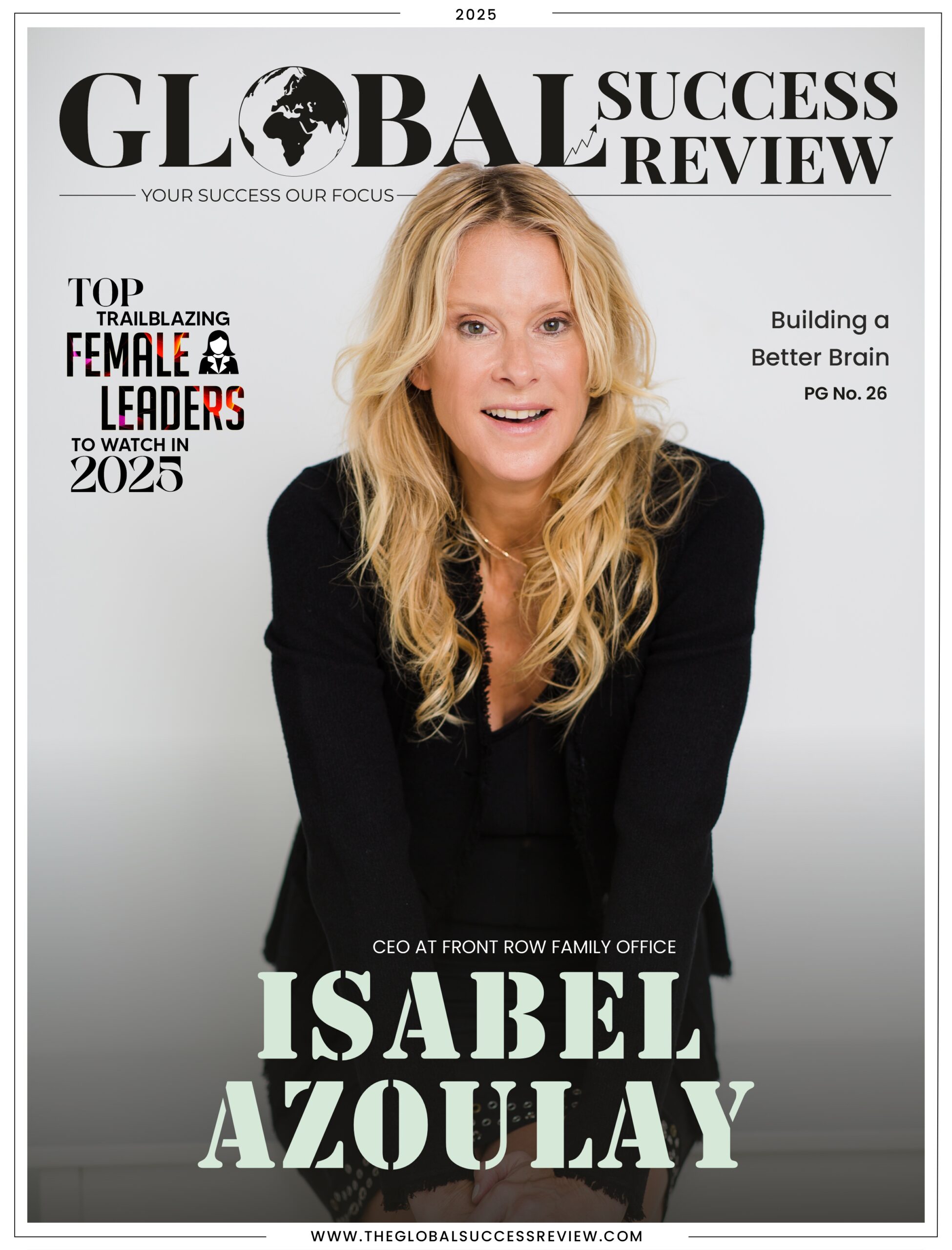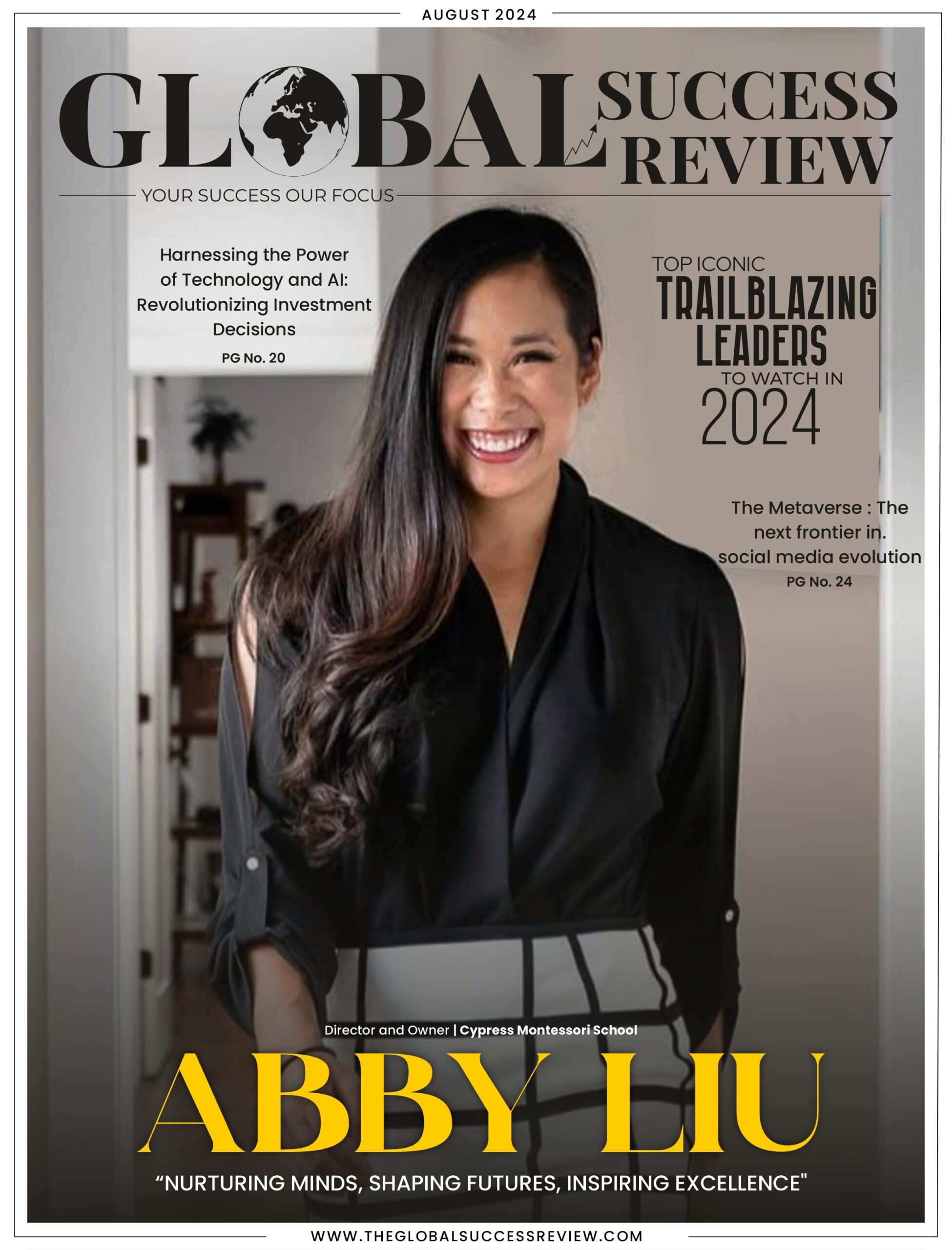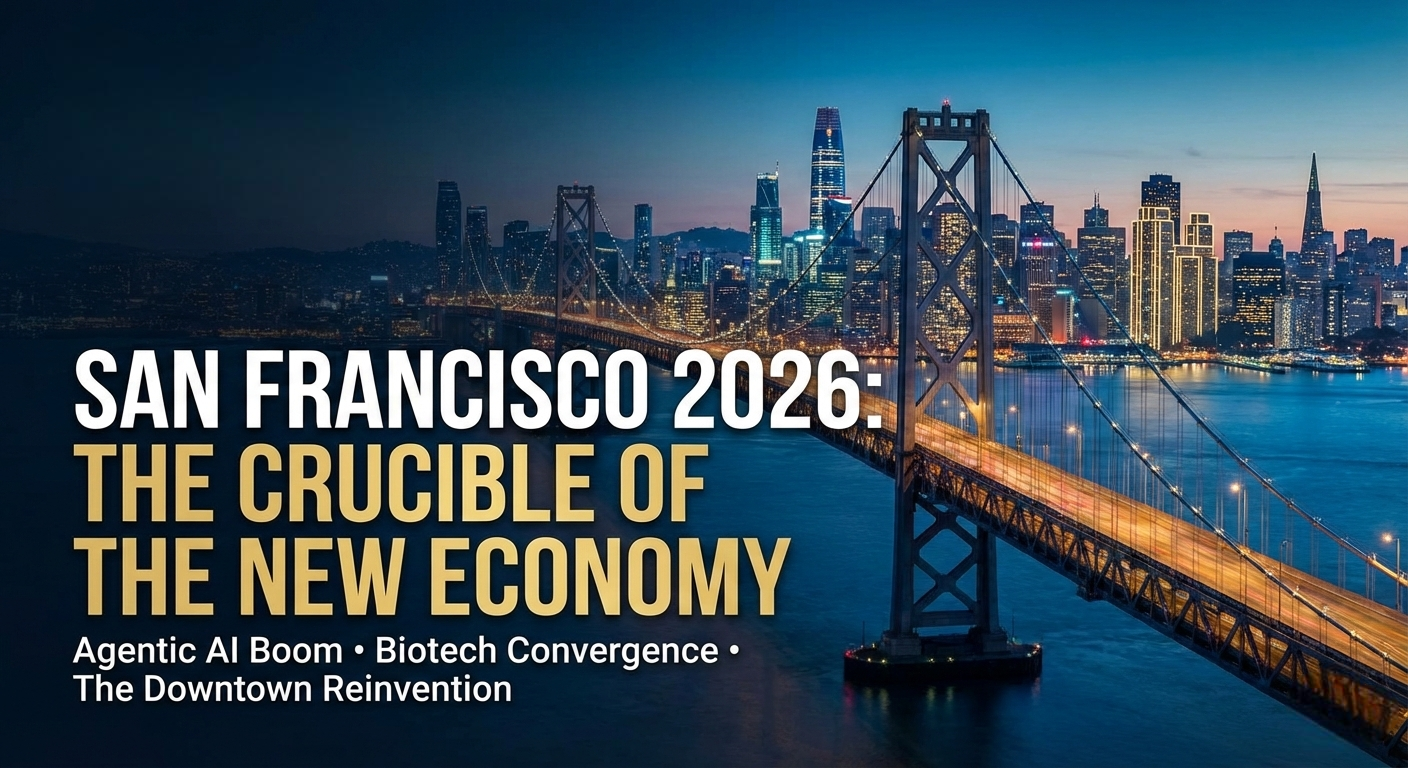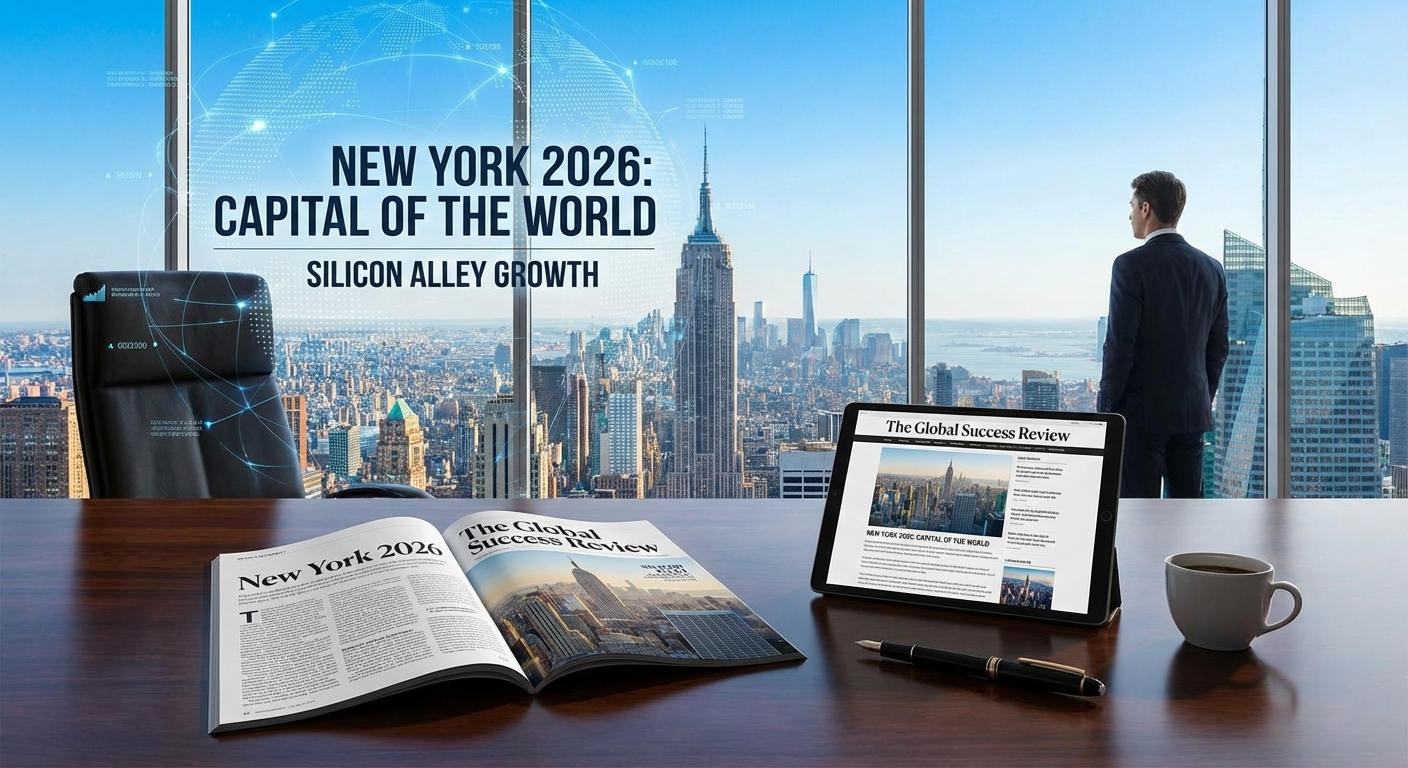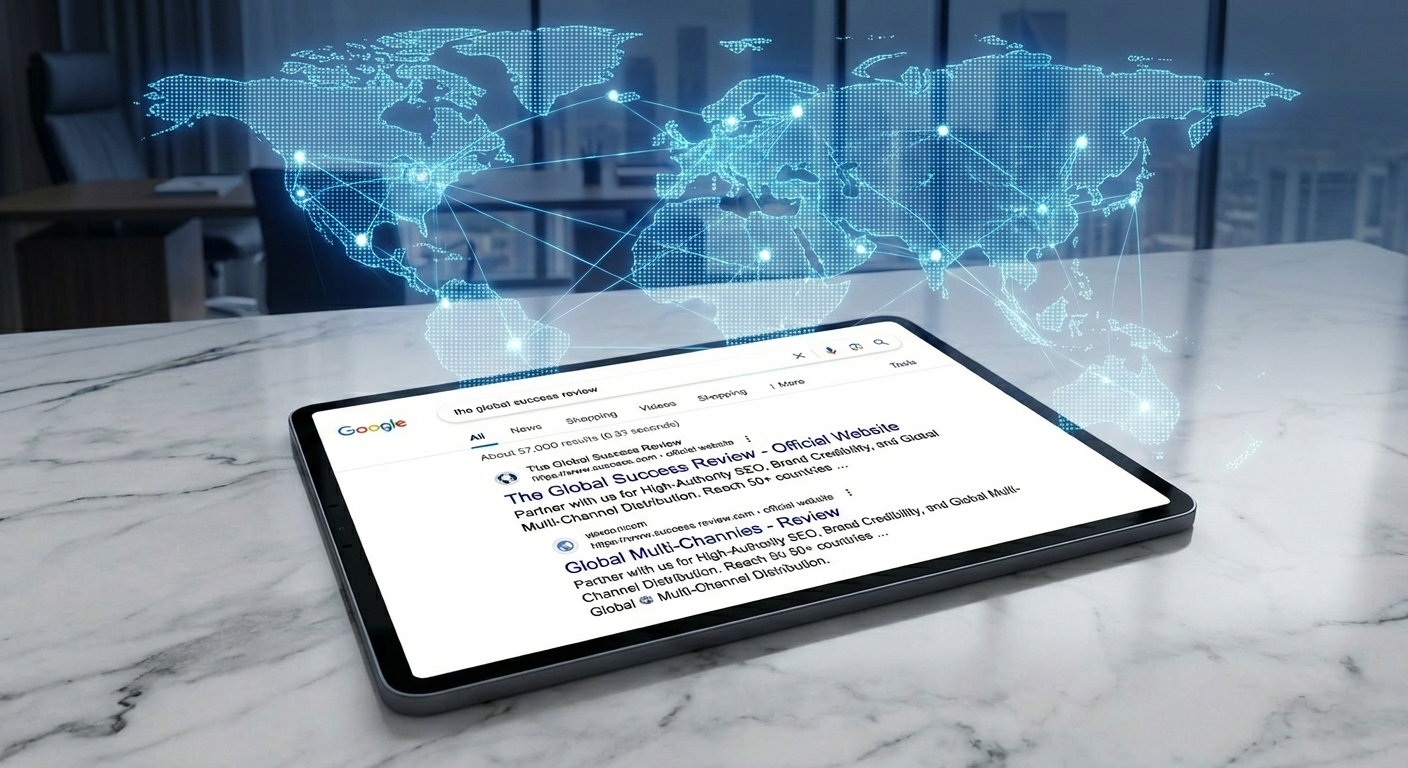In today’s dynamic and ever-evolving world, leadership is being redefined not by titles or positions, but by impact, empathy, and influence. At the forefront of this transformation are women leaders who are breaking barriers, challenging the status quo, and reshaping industries across the globe. Their leadership styles are not only effective but also deeply human, rooted in emotional intelligence, resilience, and the power of collaboration.
The Shift in Leadership Paradigms
Historically, leadership has often been associated with authority, assertiveness, and traditional power dynamics. However, women in leadership have brought forward a more inclusive, empathetic, and visionary approach. They are proving that leadership is not about commanding from the top, but about inspiring from within.
A growing body of research highlights how women leaders excel in crisis management, long-term strategic thinking, and nurturing high-performing teams. The COVID-19 pandemic, for instance, cast a global spotlight on women heads of state like Jacinda Ardern of New Zealand and Angela Merkel of Germany. Their calm, science-based, and empathetic approach to leadership won international praise and demonstrated the effectiveness of compassionate governance.
The Influence of Empathy and Communication
One of the most influential traits seen in women leaders is their ability to communicate authentically. Whether it’s in corporate boardrooms, classrooms, or public service, women leaders tend to foster open communication, build strong interpersonal relationships, and create safe spaces for dialogue. This emotional intelligence strengthens trust, boosts morale, and ultimately drives better results.
Empathy is not a soft skill—it’s a strategic one. Women like Oprah Winfrey, Malala Yousafzai, and Michelle Obama have used their platforms not only to lead but to connect, understand, and uplift others. They lead with heart, and that makes their leadership profoundly influential.
Women in Business: Breaking Barriers
From Sheryl Sandberg to Indra Nooyi, and from Mary Barra to Whitney Wolfe Herd, women in the corporate world have shown that impactful leadership isn’t defined by gender, but by vision and execution. Despite facing persistent challenges such as the gender pay gap, underrepresentation, and biases, these women have climbed the corporate ladder and stayed true to their leadership styles.
Their presence in the C-suite is not just symbolic; it’s transformational. Studies show that companies with women in executive roles perform better financially and are more innovative. Diversity at the top leads to richer perspectives and better decision-making.
Women entrepreneurs are also rewriting the narrative. By founding startups, leading ventures, and mentoring others, they are creating ecosystems of opportunity and growth. Their ventures often go beyond profit and aim to solve real-world problems, reflecting a purpose-driven leadership style.
Challenges Still Remain
While progress has been made, there is still much ground to cover. Women continue to face structural and societal challenges—limited access to funding, fewer mentorship opportunities, cultural biases, and lack of representation in key decision-making positions. Leadership paths are often steeper for women, particularly for women of color, LGBTQ+ individuals, and those from marginalized communities.
What’s needed is not just encouragement but systemic change: equal opportunities, supportive policies like paid maternity leave and flexible work environments, and active efforts to dismantle gender stereotypes.
The Power of Influence Beyond the Workplace
Women are leading not only in business or politics but also in social movements, arts, sciences, and community development. Their influence extends far beyond the boardroom. They are educators, healers, storytellers, activists, and role models.
In the digital age, women are also harnessing the power of social media to amplify their voices and lead movements. Hashtags like #MeToo and #WomenInLeadership are not just trends—they are symbols of collective strength and resilience. Influential leaders like Greta Thunberg, Amanda Gorman, and Chimamanda Ngozi Adichie are inspiring the next generation to speak up, stand out, and take action.
The Road Ahead: Building a Legacy
True leadership leaves a legacy—and women leaders around the world are doing just that. By mentoring others, challenging norms, and making space for more diverse voices, they are not only transforming organizations but society as a whole.
The future of leadership is inclusive, compassionate, and impact-driven. As more women rise into leadership roles, the world will witness a more balanced, just, and progressive future.
In conclusion, women’s impactful leadership and influential power are not just shaping the present—they are designing the future. Their strength lies in authenticity, adaptability, and a relentless drive to uplift others. As the global community continues to evolve, the leadership of women will be the cornerstone of sustainable success and meaningful change.


